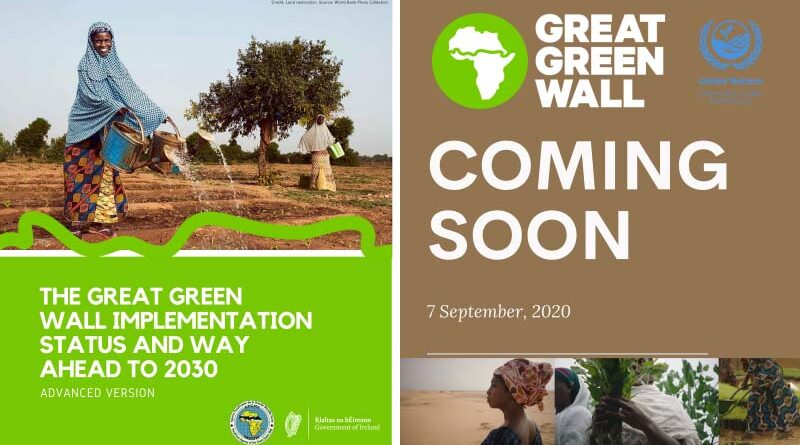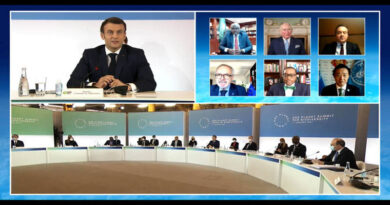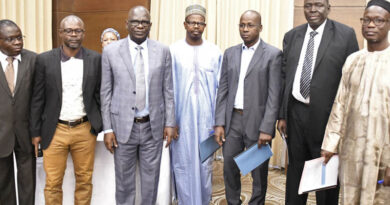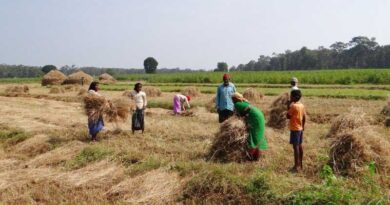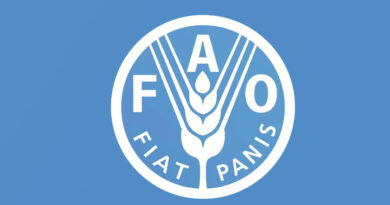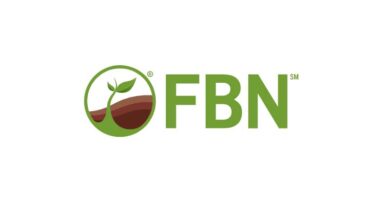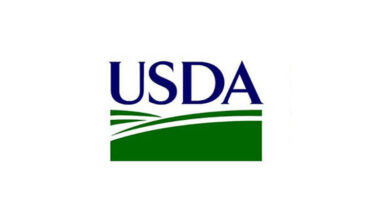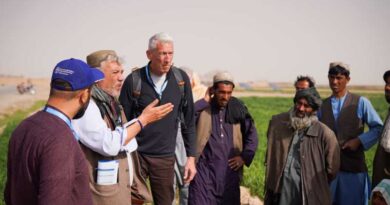UNCCD to launch a Great Green Wall status report
24 August 2020, Bonn, Germany: UNCCD will launch the new report “The Great Green Wall: Implementation Status and Way Ahead to 2030” on 7 September to take stock of the progress and advance the implementation of the ambitious project in the Sahel-Saharan region.
Read: Farm prospects soar with rains most well-spread in three years
The publication will be launched at a virtual meeting with ministers of environment from participating countries, representatives of UN organizations, funding agencies and civil society, who will present environmental and social benefits of land restoration, make the economic case for investment in the Great Green Wall (GGW) Initiative and discuss the way forward.
The GGW is a pan-African initiative to restore and sustainably manage land to address both land degradation and poverty across Africa. The aim of the GGW was originally to create a long vegetation barrier over a length of at least 7000 km along the Sahel, about 15 km wide.
Read: Bangladesh prepares for possible locust invasion
Integrated Ecosystem Management Approach
In recent years this vision has evolved into an integrated ecosystem management approach, striving for a mosaic of different land use and production systems, including sustainable dryland management and restoration, the regeneration of natural vegetation as well as water retention and conservation measures.
The Great Green Wall is a symbol of hope in the face of one of the biggest challenges of our time – desertification. Launched in 2007 by the African Union, this game-changing African-led initiative aims to restore Africa’s degraded landscapes and transform millions of lives in one of the world’s poorest regions, the Sahel. Once complete, the Wall will be the largest living structure on the planet – an 8 000 km natural wonder of the world stretching across the entire width of the continent.
Read: Punjab: Harvester Combines without Straw Management System won’t be allowed to operate
The initiative brings together African countries and international partners, under the leadership of the African Union Commission and Pan-African Agency of the Great Green Wall. By 2030, the ambition of the initiative is to restore 100 million hectares of currently degraded land; sequester 250 million tons of carbon and create ten million green jobs.
The objective of the report is to provide an overview of the status and implementation progress of the GGW, accounting for land restoration progress made on the ground as well as for financial resources allocated to the Initiative. This stocktaking exercise captures the implementation status of the GGW in the eleven founding states: Senegal, Mauritania, Mali, Burkina Faso, Niger, Nigeria, Chad, Sudan, Eritrea, Ethiopia and Djibouti.

